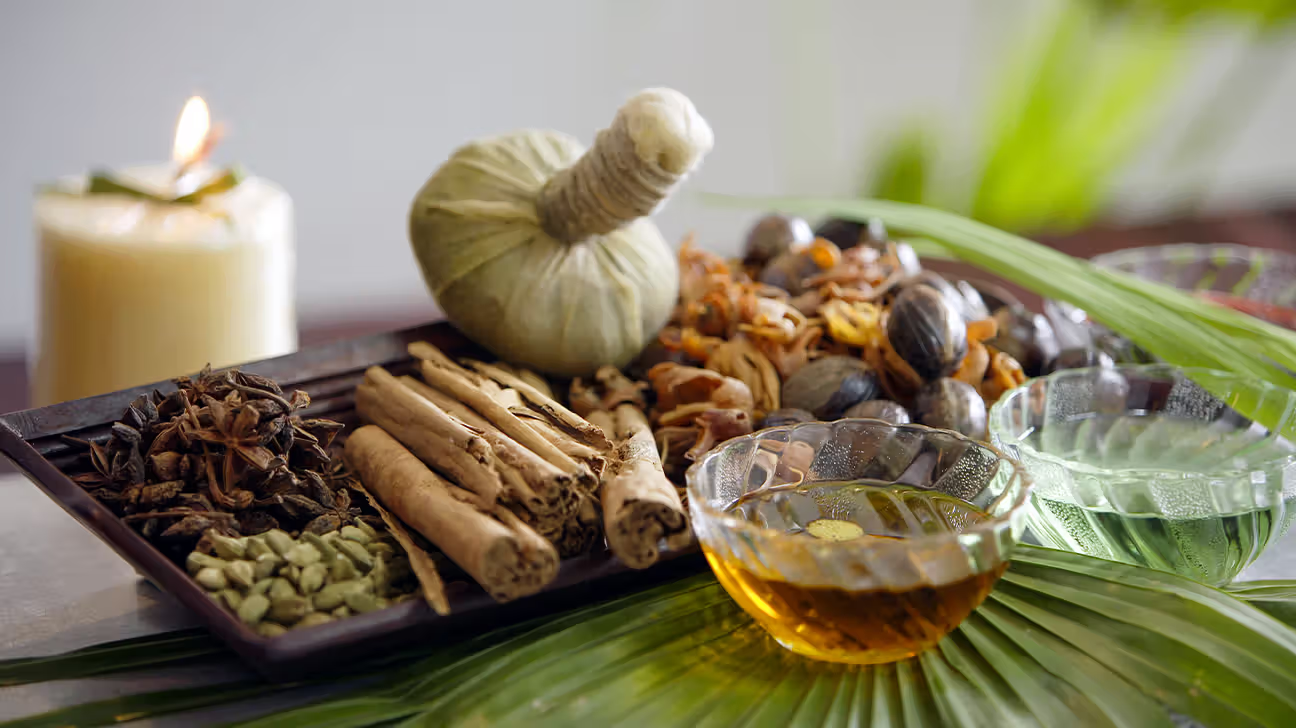Ph.D. in Ayurvedic Medicine: Introduction, Admission, Registration, Eligibility, Duration, Fees, Syllabus 2024

Introduction:
A Ph.D. in Ayurvedic is a doctoral program that delves into the ancient Indian science of life and wellness. It encompasses a rigorous study of Ayurvedic principles, practices, and medicines, aiming to contribute to the field through original research. Candidates explore the depths of traditional knowledge, integrating it with modern scientific approaches to advance healthcare.
Admission Process:
- Application Submission: Candidates must submit a detailed application, often online.
- Entrance Examination: Many institutes require a qualifying score in an entrance exam.
- Interview: Shortlisted candidates are usually interviewed by a panel of experts.
- Document Verification: Academic and professional documents are verified.
- Research Proposal Submission: Applicants present a research proposal.
- Admission Offer: Successful candidates receive an admission offer.
Eligibility Criteria:
- Master’s Degree: A postgraduate degree in a relevant field with a minimum aggregate score.
- Entrance Exam: Qualification in a relevant entrance test.
- Research Experience: Prior research work or publications can be advantageous.
- Interview Performance: Assessment of the candidate’s potential for research.
- Language Proficiency: Proficiency in the language of instruction.
- Medical Fitness: A certificate of medical fitness may be required.
Completion Time:
The completion time for a Ph.D. in Ayurvedic typically ranges from 3 to 5 years. This period is dedicated to coursework, research, thesis writing, and defense. The timeline can vary based on the research topic’s complexity, institutional requirements, and the candidate’s pace.
Career Opportunities:
- Academic Researcher: Contribute to scholarly work and teaching.
- Clinical Practitioner: Offer Ayurvedic treatments and consultations.
- Pharmaceutical Research: Develop new Ayurvedic medicines.
- Wellness Consultant: Advise on lifestyle and wellness based on Ayurvedic principles.
- Policy Advisor: Influence healthcare policies with Ayurvedic insights.
- Author: Write books or articles on Ayurvedic sciences.
Syllabus:
- Ayurvedic Philosophy: Deep dive into the foundational theories.
- Clinical Ayurveda: Study diagnostic and therapeutic methods.
- Herbal Pharmacology: Explore medicinal plants and their uses.
- Panchakarma Therapy: Learn detoxification procedures.
- Research Methodology: Understand research design and statistics.
- Sanskrit: Gain proficiency in the ancient language of Ayurvedic texts.
Internship Opportunities:
- Clinical Internships: Hands-on experience in Ayurvedic hospitals.
- Research Assistantships: Participate in ongoing research projects.
- Teaching Assistantships: Assist in teaching undergraduate students.
- Pharmaceutical Labs: Experience in Ayurvedic medicine production.
- Wellness Centers: Work in holistic health and wellness settings.
- International Exchanges: Opportunities to learn abroad.
Scholarships and Grants:
- Government Fellowships: Financial support from AYUSH and other bodies.
- University Scholarships: Merit-based scholarships offered by universities.
- Research Grants: Funds for specific research projects.
- International Scholarships: For collaborative research with foreign institutions.
- Private Endowments: Grants from private organizations promoting Ayurveda.
- Conference Sponsorships: Support to present research at international conferences.
FAQs:
What is the scope of research in a Ph.D. in Ayurvedic?
The research scope can include clinical studies, drug development, ancient texts, and integrative medicine approaches.
Can international students enroll in a Ph.D. in an Ayurvedic program?
Yes, many institutions welcome international candidates, though specific admission requirements may apply.
Is there any financial assistance available for Ph.D. scholars in Ayurvedic?
Financial aid options often include government fellowships, university scholarships, and research grants.
What career paths are available after completing a Ph.D. in Ayurvedic?
Graduates can pursue careers as academic researchers, clinical practitioners, policy advisors, or enter the pharmaceutical industry.
Are there part-time Ph.D. programs in Ayurvedic available?
Some institutions may offer part-time study options, allowing for flexibility in research commitments.
How does one select a research topic for a Ph.D. in Ayurvedic?
Topics are typically chosen based on personal interest, societal needs, and the guidance of academic advisors.
